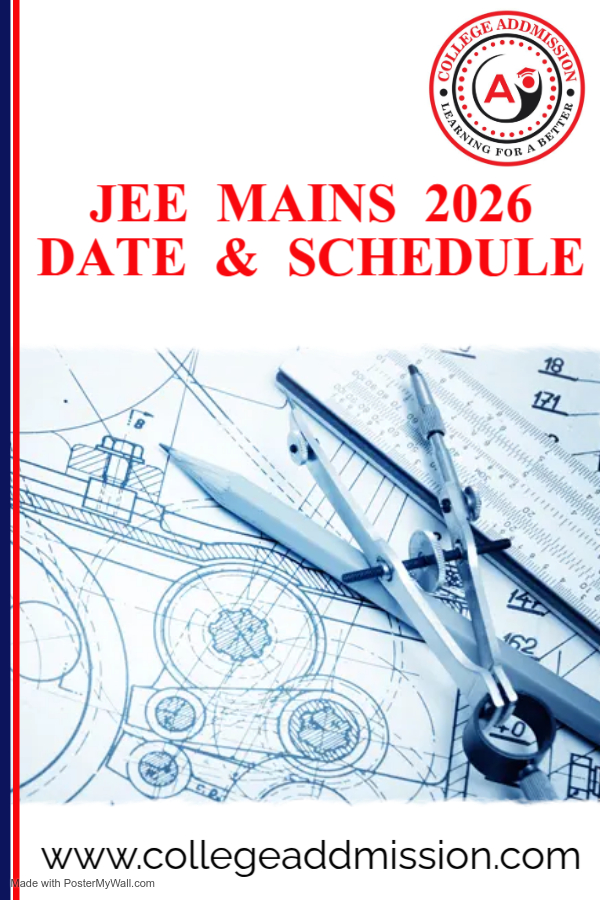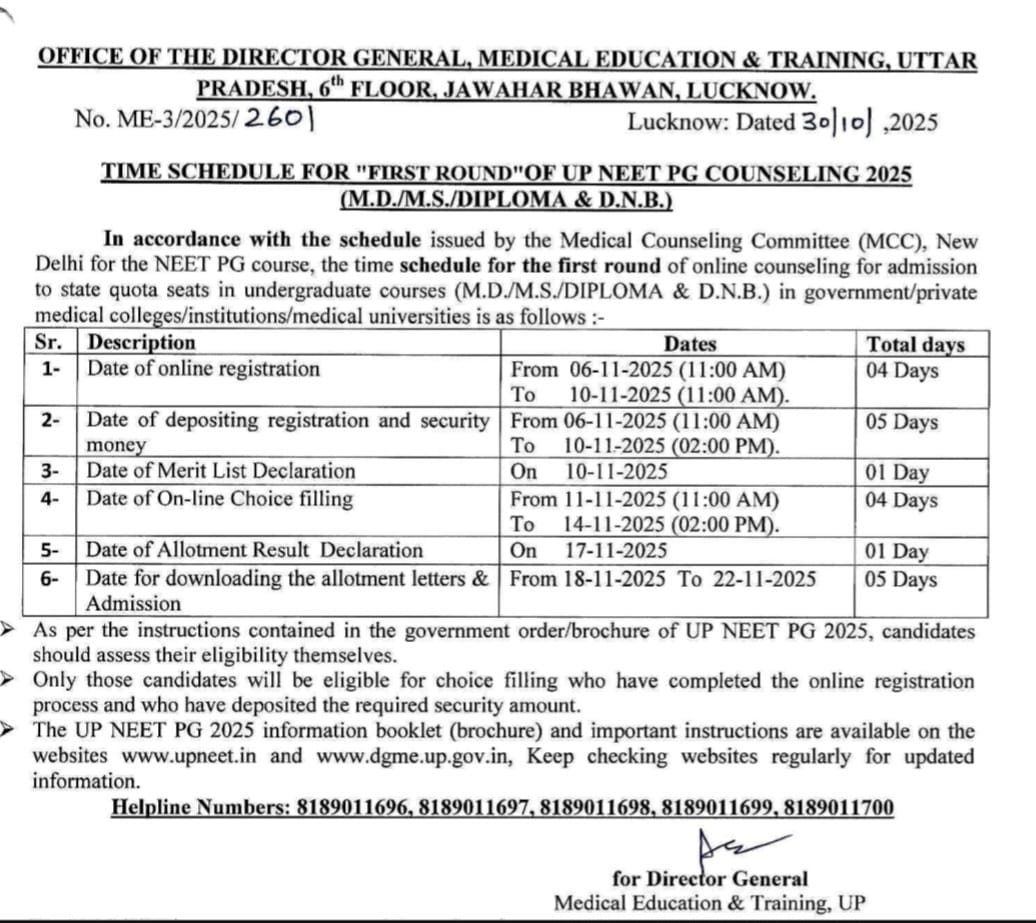The Joint Entrance Examination (Main) — commonly known as JEE Main — is the gateway for undergraduate engineering (B.E./B.Tech, B.Arch, B.Planning) admissions in India. Conducted by the National Testing Agency (NTA), it is also the preliminary step for candidates who wish to appear for the prestigious JEE Advanced for entry into the IITs. With the 2026 session fast approaching, this blog will cover key dates (tentative), preparation strategies, and valuable tips to help you make the most of your effort.
Key Dates – JEE Main 2026
Here’s a table summarising the important upcoming events for JEE Main 2026 (sessions 1 & 2) based on the latest announcements and credible estimates:
| Session | Activity | Tentative Date / Window |
|---|---|---|
| Session 1 (Jan 2026) | Notification / application start | October 2025 (last week) |
| Last date to apply | December 2025 | |
| Exam dates | 21 – 30 January 2026 | |
| Result / Answer key release | February 2026 | |
| Session 2 (Apr 2026) | Notification / application start | Late January or February 2026 |
| Last date to apply | February/March 2026 | |
| Exam dates | 1 – 10 April 2026 | |
| Result / Answer key release | April 2026 |
Note: These dates are based on official release and credible projections. Candidate should always check jeemain.nta.nic.in for any last-minute changes.
How to Prepare for JEE Main 2026
Preparation for JEE Main requires a systematic and disciplined approach. Below is a step-by-step guide to help you streamline your preparation.
Understand the Exam Pattern & Syllabus
The exam is split into two sessions; you may attempt one or both.
Paper 1: B.E./B.Tech (Physics + Chemistry + Mathematics).
Paper 2A/B: B.Arch / B.Planning.
Mode: Computer Based Test (CBT) in multiple shifts.
Get a full copy of the syllabus and map out which chapters you must cover (largely based on NCERT for class 11 & 12).
Create a Realistic Timetable
Since Session 1 is in January and Session 2 in April, you need to pace your preparation accordingly.
Aim to finish the complete syllabus well before the exam, then dedicate the remaining time to rigorous revision and mock tests.
Example: Finish syllabus by December (for Jan attempt) then revise January onwards; for April attempt use Jan–March for reinforcement.
Conceptual Clarity + Regular Practice
For Physics: Focus on understanding concepts, practising derivations, problem-solving from diverse sources.
For Chemistry: Inorganic (memorisation and reaction logic), Physical (numerical problem-solving) and Organic (reaction-mechanism logic).
For Mathematics: Practice is key—work through a large number of problems; time your attempts; focus on speed and accuracy.
Previous Year Papers & Mock Tests
Solve official previous years’ papers – this helps you familiarise with exam type, difficulty level, question style.
Take full-length mock tests under timed conditions. Analyse your performance: where you lost time, which topics you frequently miss, what errors you make.
Based on Reddit feedback
Focus on Revision & Shortcuts
As you approach the exam, emphasis must shift to quick revision, formula-sheet preparation, strengthening weak areas.
Maintain a mistake notebook: note down errors you make in mocks or practice and revisit them weekly.
Speed and accuracy matter more than covering new topics at the last minute.
Take Care of Mental & Physical Health
Consistent study doesn’t mean ignoring breaks or health. Ensure you get enough sleep, eat well, take short breaks, and avoid burnout.
Stress can worsen performance in actual exam situations; cultivate a calm mindset.
Tips to Maximise Your Score
Here are targeted tips that can make a real difference in your preparation and performance:
Start Early & Be Consistent – Waiting until last-minute severely reduces your margin for error.
Use Reliable Study Resources – Use NCERT textbooks, trusted coaching materials, good problem-books and past papers.
Track Progress Weekly – Every week review: how many topics finished, mistakes made, mock test score, improvement required.
Simulate Exam Conditions – In your mock tests, adhere to exam time, no breaks beyond permissible, single session, false starting mindset.
Time Management During Exam – Don’t spend too long on one question; mark tricky ones and move on, then come back if time remains.
Avoid Guesswork – In many cases negative marking is present; answer only if you’re reasonably sure.
Stay Updated on Notifications – Keep checking official website for application dates, corrective window, centre changes, etc.
Stay Positive & Keep Failure in Perspective – Many aspirants may not get the exact score they hope for; focus on improvement rather than perfection.
The JEE (Main) 2026 offers two chances (January and April), giving you flexibility. With the key dates now out and your roadmap ready, the most meaningful factor is your daily effort. Build a strong foundation, practice persistently, track your progress, and refine your strategy. The preparation journey is as important as the result.



